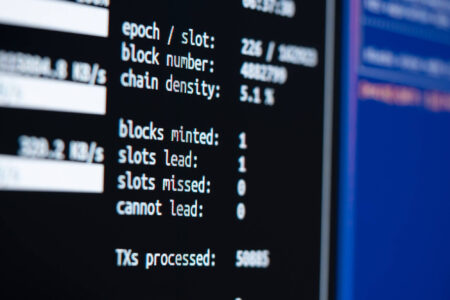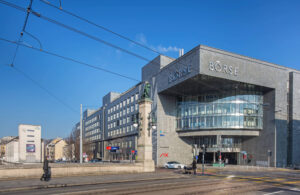ATOM is the native cryptocurrency of the Cosmos blockchain network. The Cosmos blockchain enables communication and data exchange between different blockchains, aiming to solve the problem of blockchain interoperability and scalability.
Cosmos mainnet was launched in 2019 after a successful fundraising and testing phase, with the platform aiming to create a cohesive network of blockchains that can seamlessly communicate and conduct transactions. The ATOM token serves as the native cryptocurrency of the Cosmos ecosystem, playing a critical role in securing the network by maintaining the proof-of-stake (PoS) consensus mechanism and facilitating transactions.
Origin of the Cosmos ecosystem and the ATOM token
Cosmos is based on the Tendermint consensus protocol developed by Jae Kwon in 2014, later joined by Zarko Milosevic and Ethan Buchman as key contributors. The Interchain Foundation (ICF) oversees and manages the development of the Cosmos ecosystem. In April 2017, the project raised $17 million in half an hour during its initial coin offering (ICO). The Cosmos mainnet went live two years later in March 2019.
The network achieves its interoperability goal through the Cosmos Hub, which serves as a central node connecting different blockchains (called "Zones") within the Cosmos ecosystem. These Zones can be independent blockchains with their own consensus mechanisms and functionalities. The Cosmos Hub uses the Inter-Blockchain Communication (IBC) protocol to enable secure and trusted communication between the Zones. This architecture, first released in February 2021, allows for the exchange of assets and data between different blockchains.
ATOM holders will have the opportunity to participate in the staking and governance processes of the Cosmos network. By staking their ATOM tokens, users help secure the network and validate transactions in exchange for ATOM tokens. In addition, ATOM holders can participate in the governance of the Cosmos Hub by voting on proposals that determine the rules and development direction of the network. This democratic governance model gives the Cosmos community a voice in shaping the future of the network.









